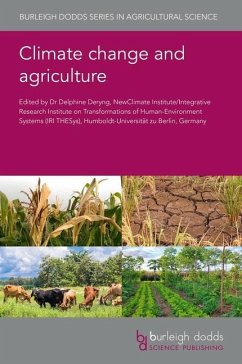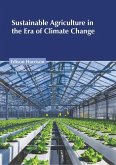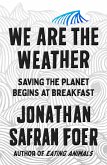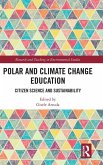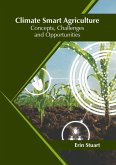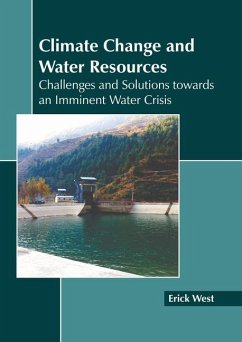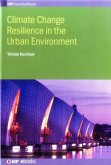"The challenges ahead for agriculture globally are substantial and growing: feeding an increasingly populous and hungrier world whilst managing increased risks from climate change, reducing greenhouse gas emissions and operating in ways that enhance ecosystem services. The highly experienced editor and authors of this book bring together a comprehensive coverage of these issues and their potential resolution." Professor Mark Howden, Director - Climate Change Institute, Australian National University; Vice Chair - IPCC Working Group II It has been suggested that agriculture may account for up to 24% of the greenhouse gas emissions (GHGs) contributing to climate change. At the same time climate change is threatening to disrupt agricultural production. This collection reviews key research addressing this challenge. Part 1 of the book reviews current research on the impacts of climate change on agriculture, such as the effects of increased temperatures, as well as the ways these impacts can be modelled. Part 2 assesses what we know about the contribution of agriculture to climate change, including the impacts of both crop and livestock production as well as land use. Part 3 surveys mitigation strategies to achieve a more 'climate-smart' agriculture such as the role of integrated crop-livestock and agroforestry systems. With its distinguished editor and international array of expert authors, Climate change and agriculture will be a standard reference on how to understand and address the biggest challenge agriculture faces. Dr. Delphine Deryng is a Climate Policy Analyst at the New Climate Institute based in Berlin, Germany since May 2020, focusing primarily on global climate actions in the agriculture and forestry sector. Dr. Deryng is also a Guest Researcher at the Integrative Research Institute on Transformations of Human-Environment Systems (IRI THESys) at Humboldt-University of Berlin, and an author to the Sixth Assessment Report (AR6) of the Intergovernmental Panel on Climate Change (IPCC) Working Group II: Chapter 5 "Food, fibre, and other ecosystem products" (Lead Author) and Chapter 9 "Africa" (Contributing Author). She has written widely on climate change impacts and adaptation in the agriculture sector and possesses extensive experience in the development and use of global gridded crop modelling tools for global climate impacts assessments. She is the main developer of the global agroecosystem model PEGASUS since 2007 and coordinated the first global gridded crop model intercomparison initiative during 2012-2015, as part of the Agricultural Modelling Intercomparison and Improvement Project (AgMIP), which led to significant advances in the quantification of climate change impacts on global crop yields. Dr. Deryng holds a PhD in Environmental Sciences from the University of East Anglia (2015), an MSc. in Geography from McGill University (2010) and an MSc. in Cosmology and High Energy Physics from University Paris Diderot (2006).
Hinweis: Dieser Artikel kann nur an eine deutsche Lieferadresse ausgeliefert werden.
Hinweis: Dieser Artikel kann nur an eine deutsche Lieferadresse ausgeliefert werden.

